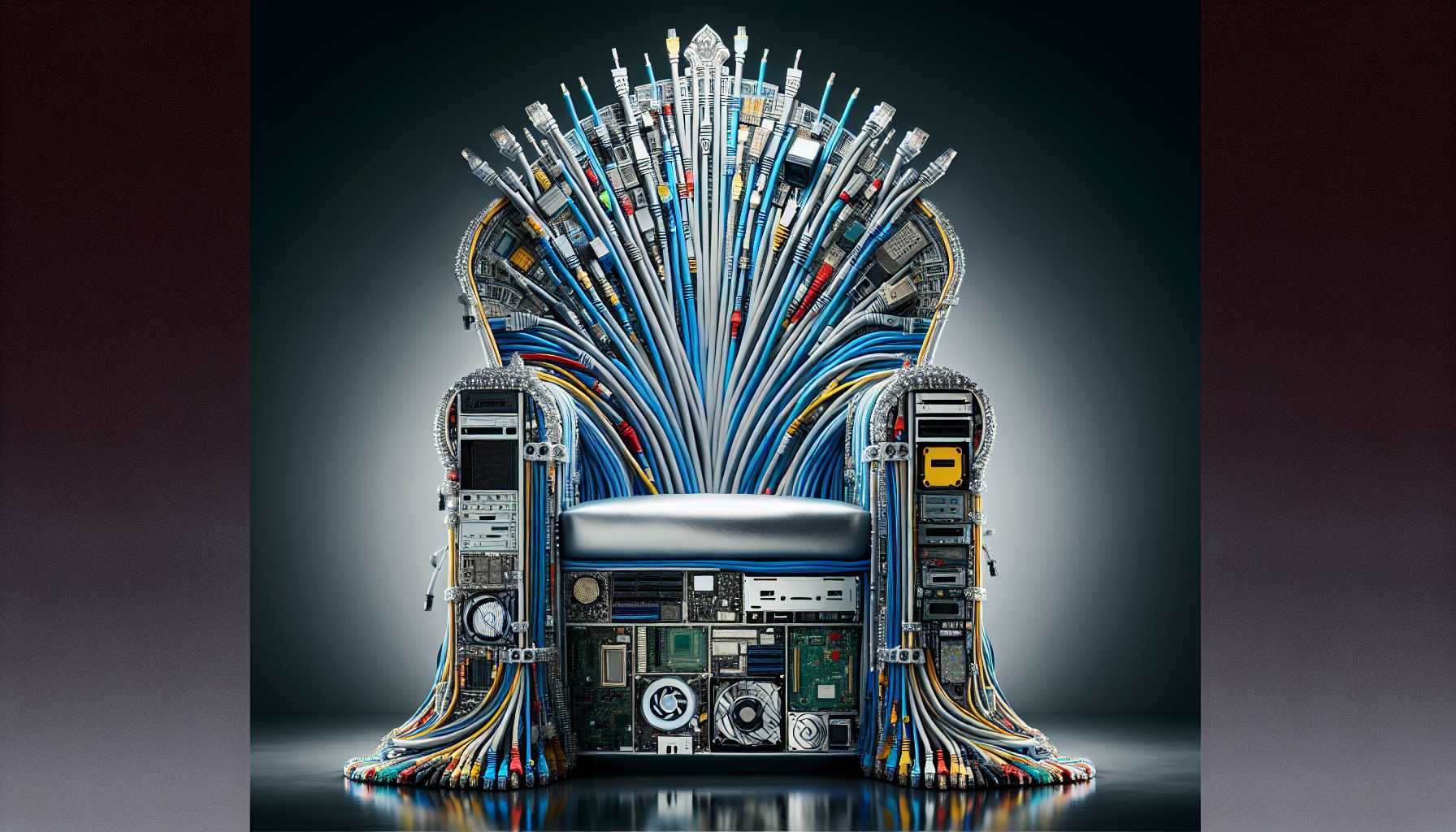In the swiftly transforming terrain of technological advancement, the entities poised at the helm have the power to steer innovation toward either disruptive progress or tumultuous instability. Two notable beacons in this landscape – Slack and OpenAI – have had their share of captaincy changes recently, illustrating how leadership shifts can both challenge and redefine a company’s journey. Let’s unpack these power plays and understand their potential rippling effects across the tech ecosystem.
Slack’s Game of Thrones: Three CEOs and the Quest for Stability
It reads almost like a swift-paced plotline from an epic saga: a bastion of workplace communication, Slack, witnesses the coming and going of three different CEOs within the span of less than 365 days. As a subsidiary of the cloud juggernaut Salesforce, which gobbled up Slack for a staggering $28 billion back in 2020, one would presume an enterprise of such magnitude to be anchored in leadership stability. Yet, the world of tech is rarely immune to the currents of change.
Denise Dresser, the most recent appointee to the throne of Slack, has acknowledged the bittersweet symphony of taking on the mantle under these unique circumstances. As an industry observer and tech investor, one can’t help but reflect on the tenacity required to helm a ship amid such turbulent transitions. Teetering on the foundation laid by past leaders, Dresser must navigate the Slack flotilla towards renewed landscapes of profitability and growth, especially as the shadows of slowed revenue loom ominously on the horizon.
Slack’s Integration Dilemma within the Salesforce Ecosystem
For the uninitiated, the acquisition by Salesforce had sprouted prospects of turning Slack into the communicative nexus bustling atop Salesforce’s broad array of business software. Yet the yield has not fully ripened: Slack’s revenue growth, once ripe and robust, has since decelerated. From a budding 46% year-over-year growth in Q3 2023, it wilted to a mere 16% by Q4 2024. What’s fascinating – and I say this with a chortle – is that Slack’s current fortunes could hinge upon a balancing act as delicate as a high-wire routine. Dresser, bearing the badge of CEO, is tasked with the conundrum of ensuring Slack retains its standalone allure to non-Salesforce patrons while also weaving its threads tighter into the Salesforce fabric. It’s akin to crafting a tapestry that appeals to both ancient devotees and new-age onlookers. Notably, Slack’s capacity to successfully intertwine structured and unstructured data into a cohesive platform holds promise for the future, and it’s this promise that Dresser intends to nurture.
In the Realm of Generative AI: Slack’s Potential Trump Card
Let us cast our gaze towards the AI frontier, where generative AI has emerged as a potent tool reshaping the technology landscape. Dresser’s Slack sees AI integration not as sprinkling fairy dust on its products but as a pragmatic strategy to cultivate the knowledge embedded within the vast conversations occurring on its platform. Imagine the symphony of possibility if Slack can harness the generative AI prowess to sift gold nuggets from the silt of conversations. The challenge, undoubtingly massive, is for Slack to metamorphose these AI capabilities into quality summarizations, enhancing productivity without losing the quintessential Slack charm.
OpenAI’s Boardroom Saga: Altman’s Return and the Winds of Change
Switching theaters, we focus on OpenAI – the maestro of AI innovation with ChatGPT to its credit – where a boardroom melodrama unfolded with the brief ouster and subsequent reinstatement of Sam Altman as CEO. Altman’s albeit temporary removal lifted the curtain on governance nuances. It sparked a revitalizing shift as the guardians of OpenAI’s ideals. The addition of former Bill & Melinda Gates Foundation CEO Sue Desmond-Hellmann, erstwhile Sony exec Nicole Seligman, and Instacart commander-in-chief Fidji Simo heralds a diversification and strengthening of the board. As a tech enthusiast, I hearten at this plot twist. The resurgence of Altman and the renewed board signifies a concerted effort to fortify OpenAI’s mission and direct it towards ethically harmonized scaling. It presages the reassurance that the AI frontier, awash with possibility and peril, is in contemplative hands.
In sum, the leadership narrative in the tech industry, teeming with surprise twists and strategic pivots, remains as enthralling as any thriller. As businesses march forth under new banners of leadership, the entire technosphere awaits outcomes elaborated with innovation, growth, and, hopefully, a touch of the unexpected.





